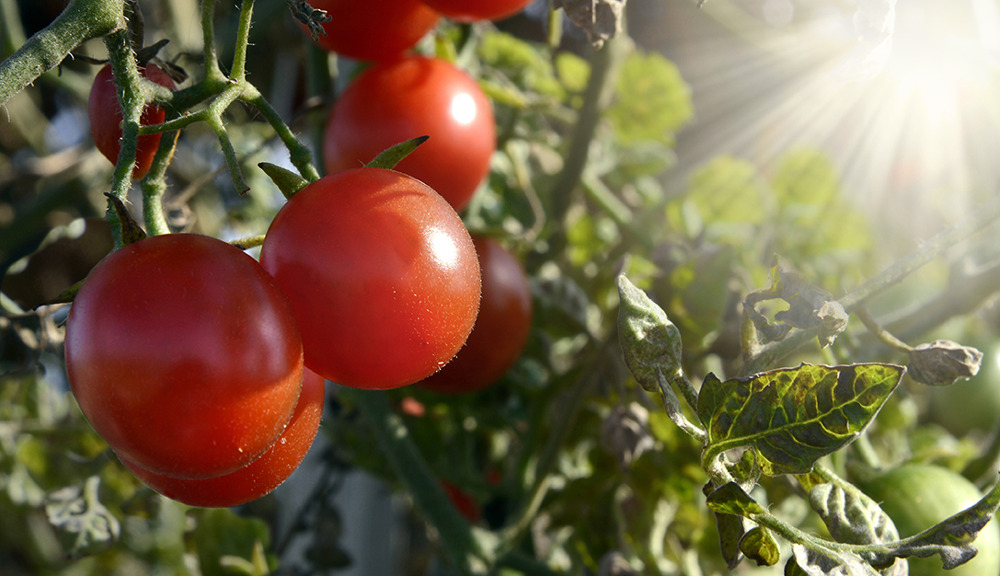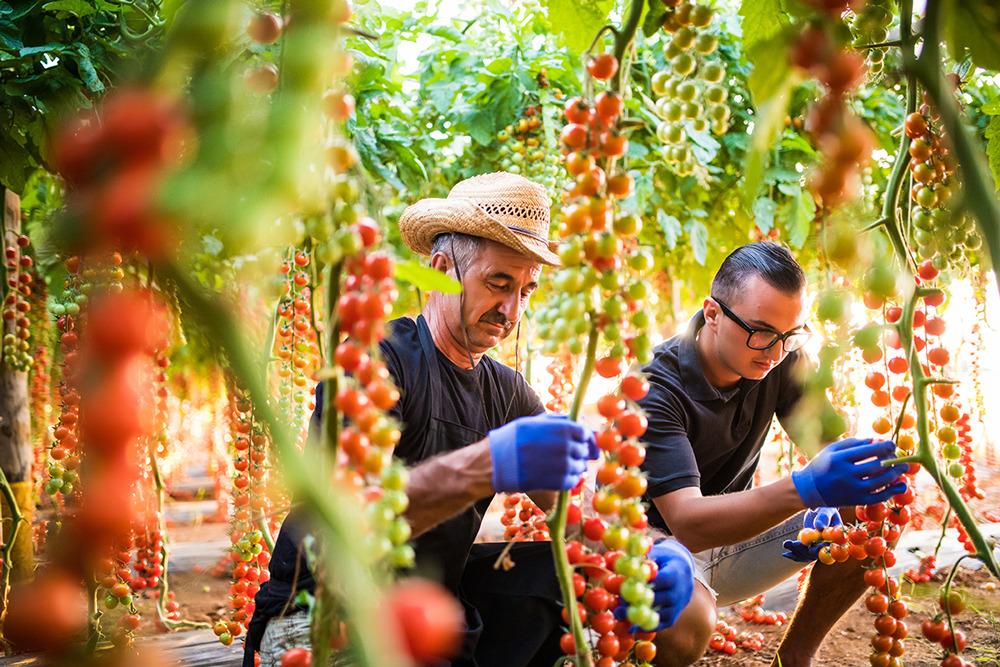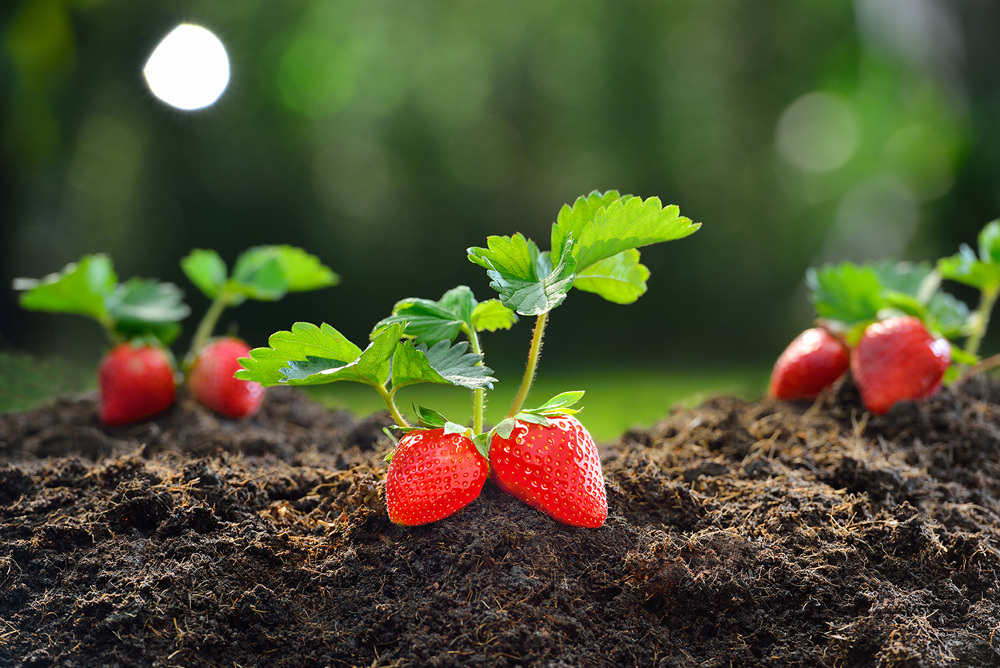Potassium is an abundant element in nature (in terms of cations, it is the most abundant), which is often detected at high concentrations, greater than 150 ppm, in chemical soil analyses. However, as in the case of other elements, Potassium is not completely assimilable, there is a mineral fraction not available for the plant in the soil, generally it is the one attached to the mother rock or to the original material; there is also a fraction of interlaminar Potassium that is very difficult for the root to absorb and a completely available fraction, which is from which the plants take the element.

It is a mobile element in the plant; We will hardly see symptoms of deficiency of this element in new leaves, this is due to the fact that Potassium is highly soluble, it does not bind easily to the lignin of the plant and, above all, because it moves in high concentrations through the phloem (sieve tubes ) along with Nitrogen and Phosphorus, quite unlike elements such as Calcium that are not mobile via sieve tubes and for that reason accumulate in mature leaves and are lacking in new leaves.
Potassium performs very important functions for plants. It activates more than 50 enzyme systems, among which oxidoreductases, dehydrogenases, transferases, synthetases and kinases stand out. One of its main functions in cells is osmoregulation. It is involved in the opening and closing of stomata, this is vital for the correct absorption of carbon and evapotranspiration of the plant (and therefore for the movement of the flow of water and nutrients in the xylem), hence in periods of stress by drought or low temperatures, its concentration in the cell is very important. Other functions of this element is to give strength to the roots, its presence increases resistance to attack by pathogens.

In the production of fruit vegetables, grains and fruit trees it plays a vital role. Potassium, being responsible for the osmoregulation of cells, regulates the passage of water to other organs of the plant (more water, more weight, sugars, hormones and nutrients for the fruit) but there is also a phenomenon not yet fully described in which, within the phloem, Potassium allows the movement of sucrose and other sugars, essential compounds to achieve fruit quality (uniform ripeness, sweetness, etc.).
In summary, Potassium helps the plant to have resistance to the attack of pathogens in the soil, promotes water balance in the plants, vital in periods of stress due to drought and low temperatures, and allows the filling of fruits, with greater weight. and quality.

In the case of stress due to low temperatures and droughts and in stages of fruit production, the application of this element is important, together with free amino acids that allow a rapid de-stressing effect and that supplies the Potassium required for production. At Grupo Fagro, we have products such as Aminoterra K, a product with a high concentration of assimilable Potassium and free amino acids, which has a de-stressing effect on the plant, especially in the fruit filling stages.
 AgronoBlog – Agriculture Blog
AgronoBlog – Agriculture Blog 
